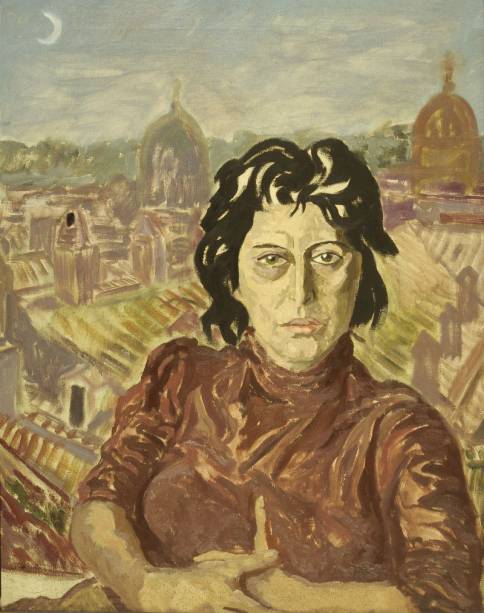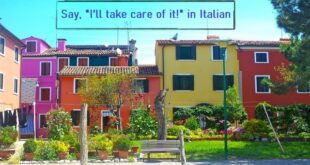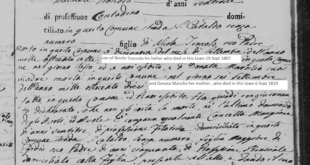Carlo Levi’s name is synonymous with the novel and film, “Christ Stopped at Eboli,” but in Italy, he was highly regarded as a visual artist, and one of his most celebrated paintings is “Ritratto di Anna Magnani” (Portrait of Anna Magnani).
Created in 1954, the dramatic oil-on-canvas painting benefits from the close friendship between the two. Levi thoroughly captured her intensity and spirit. Gaze into her eyes and you immediately see that she’s deep, not much for small talk, passionate, and that she loves very hard.” Levi painted it with a wavy brushstroke that was typical of the style he used to portray the peasants of Basilicata, where he was exiled by the Fascist government in 1935. There’s so much that I love about this painting. In my opinion, it doesn’t neatly fit into any particular style of art. Perhaps there’s a bit of idealization and naturalism with some abstract qualities, which perfectly suits Magnani, because you couldn’t box into a category either. I also love the Roman landscape behind her. She was and still is the epitome of Roman, so it’s fitting that her background is the Eternal City. Quoted as saying, “Please don’t retouch my wrinkles. It took me so long to earn them,” she was a strong, unapologetic woman and this portrait embodies that by having her stand out so robustly from the background.
One of Magnani’s most famous American films is Sidney Lumet’s 1960 “The Fugitive Kind,” which was adapted from Tennessee Williams’ 1957 play “Orpheus Descending.” She stars opposite Marlon Brando and gives an epic performance. Although the film was made six years after the portrait was done, it reminds me of her character, Lady Torrance, and her fiery personality. To view a video clip, click here.
Despite a successful career, she had a tough personal life and passed away at the age of 65 from pancreatic cancer. If you see her last film, “1870,” which was released on Italian television on the day of her death in 1973, you will see how radiant and full of life she was right up until the very end. To watch the movie, click here.
The portrait was recently on display at the Fondazione Ragghianti in Lucca as part of the exhibition, “Un’amicizia tra pittura, politica e letteratura,” dedicated to Levi and his friendships. The exhibition touched on Levi’s interest in cinema and his work as a screenwriter. He created a poster for the 1961 film “Accattone” by Pier Paolo Pasolini, who also spent time in Lucania. Pasolini shot his 1964 “The Gospel According to St. Matthew” there, so I can’t help but wonder if the two shared stories from their time spent in the region.
The younger generations of Italians have a great appreciation for the legacies of the intellectuals and cultural giants who came before them, and these two icons, Carlo Levi and Anna Magnani, are among the greats.
 Fra Noi Embrace Your Inner Italian
Fra Noi Embrace Your Inner Italian







